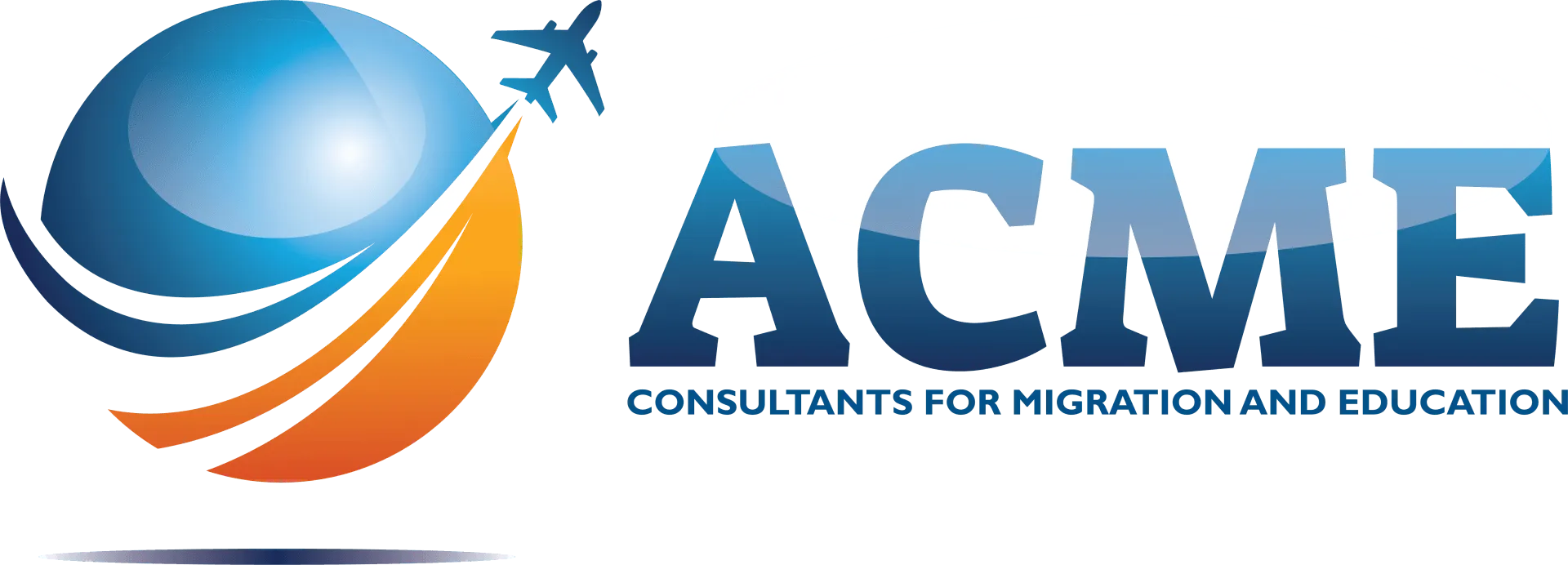To choose Canadian sponsors for the Parents and Grandparents Program, IRCC employs a lottery mechanism. The 2020 pool has a backlog, according to recent modifications.

How Is Sponsorship Selected in Canada for the Parents and Grandparents Program?
Through the Parents and Grandparents Program (PGP), Immigration, Refugees and Citizenship Canada (IRCC) chooses Canadian sponsors, who are citizens and permanent residents, to sponsor their elderly family members.
The IRCC lottery technique, which is utilized for PGP selections, may cause some confusion in the selection process. New government directives, however, shed additional light on this procedure.
The IRCC’s Process for Selecting Sponsors via the PGP
From a randomized list of interested parties, the IRCC has chosen prospective sponsors for the most recent PGP intakes to sponsor forms submitted in 2020. First, the first consecutive entry that hasn’t been invited before is uploaded to a bulk email tool by an IRCC agent with a predetermined amount of email addresses. With the use of this bulk email tool, prospective sponsors are invited to submit an application package for sponsorship and permanent residence, along with an invitation to apply (ITA).
Aiming to accept 20,500 complete applications, IRCC handed out 35,700 ITA letters for the 2024 intake. Because there were more ITAs, there was a greater chance that some recipients would choose not to submit an application.
Remark on the PGP for 2024
Certain requirements apply even to sponsors who acquired an ITA through the PGP this year, as the IRCC decided to select sponsors from the 2020 pool of applicants who submitted an interest to sponsor form. These regulations were in effect in prior years that the IRCC took into consideration for sponsors from the 2020 pool, and they might be implemented going forward.
Documentation Needs
When invited to submit a sponsorship application for the 2024 intake, sponsors were required to enclose a copy of the identical document titled “status in Canada” that they had previously supplied with their interest to sponsor form in 2020. In the event that there is a difference between the information on the interest to sponsor form and the sponsorship application, the prospective sponsor must explain the change and present convincing proof that the application is for the same person listed on the 2020 form.
Processing Priority
Applications to sponsor parents and grandparents are handled by the IRCC on a first-in, first-out basis. This indicates that the applications now in the existing inventory of sponsorship applications for parents and grandparents were ranked behind the new applications submitted for the 2024 intake. This guarantees a fair and methodical processing order, giving the longest-waiting people priority.
PGP Intake and Prospects for 2024
The PGP has selected sponsors for 2024 from the 2020 pool for the fourth consecutive year. Although the program’s admissions allotment is expected to increase—from 32,000 this year to 34,000 in 2025 and 2026—demand for the program has continuously outpaced space availability. The increased service requirements in this context have led to widespread criticism of the IRCC’s family reunion programs.
For instance, despite an increase in the number of new sponsors from following years, the department may still spend the next three years (including 2024) going through the 2020 pool of sponsors after the 2023 PGP intake because there were still 108,000 interest to sponsor forms in the IRCC’s backlog.


Leave a Reply